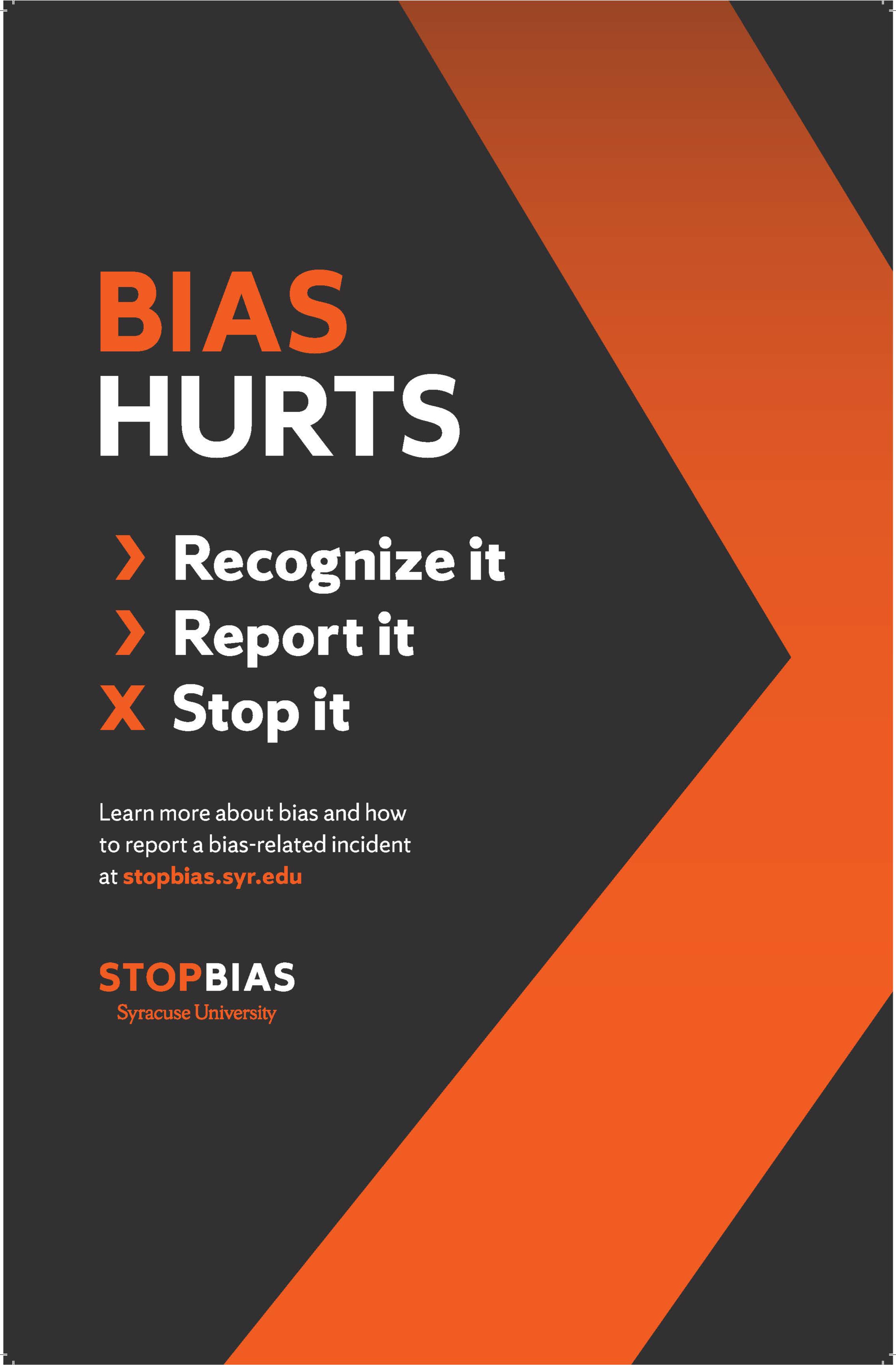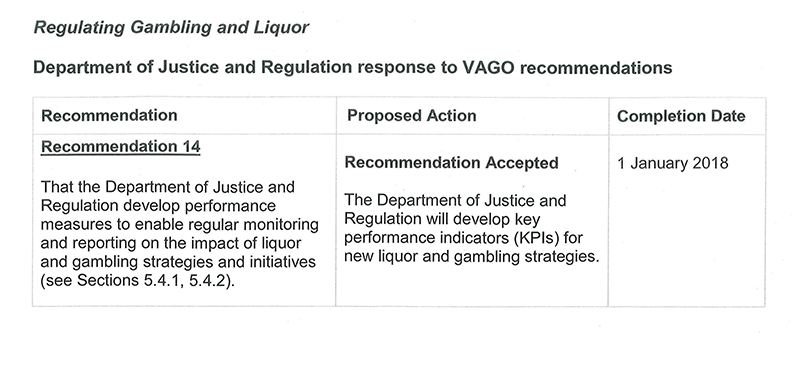Rsg Gambling Incident Report
Rsg / rec stolen goods, 2k or less Disclaimer: The individuals depicted have been arrested but not convicted at the time of this posting. This information does not infer or imply guilt of any actions or activity other than their arrest.
- Providing written material on responsible gambling for staff, and providing appropriate assistance to employees on responsible gambling matters. It is a mandatory requirement for all gaming industry employees in a gaming machine area to undergo an approved Responsible Service of Gaming (RSG) course within six months of.
- Send periodic reports to the Office of Liquor and Gaming Regulation (OLGR) on exclusion notices, orders and directions, and revocation notices (these reports must be received by OLGR within 14 working days of the end of June and December each year) notify OLGR of any contravention of orders and directions within 7 days.
- What is a dangerous incident? A dangerous incident is any incident that occurs at a workplace which exposes any person to a serious risk to health or safety resulting from exposure to: an escape, spillage or leakage of a chemical or substance; an implosion, explosion or fire; an escape of gas or steam; an escape of a pressurised substance.
Please note: this report was originally published on the website of the Department of Health and Human Services. As part of the Machinery of Government changes announced by the Premier on 6 February 2017, youth justice services transferred from the Department of Health and Human Services to the Department of Justice and Regulation from 3 April 2017.
Incident reporting data is a snapshot in time of allegations made by clients of the Department of Health and Human Services. They are recorded and remain as incidents regardless of whether further information becomes available to substantiate or disprove an event. Incident reports include disclosures of historic abuse and assault that were alleged to have occurred before a client entered state care.
Category One incidents are the most serious incidents and include incidents such as death of clients; allegations of physical or sexual assault; and serious client behavioural issues that impact on client or staff safety. Where there is an allegation, it is met with a strong response that includes medical attention (should this be required), a report to police if it involves an allegation of physical or sexual abuse or a client is a victim of a crime and counselling and support being offered to all parties.
Following public hearings at the Royal Commission into Institutional Responses to Child Sexual Abuse, a practice change occurred in mid 2015 that has resulted in all youth justice clients being asked about events prior to being admitted to custody. Following this practice change, there has been an increase in the number of assault incidents reported. These incidents are alleged to have occurred prior to clients entering the custodial setting.
Incident reporting enables service providers to take prompt corrective-action to protect the wellbeing and safety of clients where necessary and better understand the underlying causes of incidents to prevent their recurrence.
Following legislative changes made early in 2016, all category one incident reports involving a child or young person in out-of-home care, detained in a youth justice facility or in a youth residential centre are provided to the Commission for Children and Young People.
As part of the Machinery of Government (MoG) process announced by the Premier on 6 February 2017, Youth Justice Custodial Services, Community Based Youth Justice and Youth Justice Policy moved to the Department of Justice as at 3 April 2017. The incidents relating to Youth Justice Custodial Services are included in this quarterly incident report as the reporting period ended 31 March 2017.
| Incident type | Quarter 3 (January - March 2017) |
|---|---|
| Client death | 0 |
| Assault | 18 |
| Behaviour | 7 |
| Other incident types | 6 |
| Total | 31 [2] |
Please note:
[1] Incident reporting data undergoes routine data validation and as such is subject to minor changes over time. Total numbers contained in this report may not be directly comparable to subsequently released incident reporting information.
[2] As these 31 incidents relate to Youth Justice Custodial Services, this is the last quarter that the Department of Health and Human Services will report these incidents due to the Machinery of Government announcement.
Assault
Assault includes alleged physical and sexual assaults, the majority being physical assaults. In a custodial setting, assaults often occur when young people in a confined space become agitated and frustrated, and this can result in physical force such as hitting or throwing objects. The department has very clear and strict procedures requiring all allegations of assault to be reported to the department within 24 hours, and that clients are protected and supported. All allegations of assault are required to be referred to the police.
Behaviour

Incidents involve aberrant or threatening behaviour.
Rsg Gambling Incident Report Example
Other incident types
Other incidents include matters such as drug/alcohol possession and injury.
You may need Adobe® Acrobat® Reader or Libre Office to view the document(s) on this page.
Self-exclusion (or self-banning) is a voluntary process where a person with a gambling concern excludes themselves from areas of specific gambling venues, or online providers.
It can provide a concrete tool to help keep you safe from excessive gambling.
All Australian gambling providers are required to provide customers with the option to self-exclude from their venue or products. So whether someone wants to ban themselves from entering the premises of venues such as clubs, pubs or TABs or from placing a bet on gambling websites such as SportsBet, TattsBet or Tattersall's, self-exclusion is available.
Self-exclusion is not available from sites registered outside Australia.
There are no costs involved and there is a minimum period of exclusion agreed upon when you join a program.
Information about how to arrange self-exclusion is available at venues and Australian gambling websites. For online sites, you are able to download and complete a self-exclusion application form from the sites. In general search under Responsible Gambling or Self-Exclusion.
Some examples with links are provided below:
Here are some ways you can try to self-exclude depending on how you gamble:
For venue self-exclusion, you will generally have an interview, sign a deed of self-exclusion, which nominates the venue/s or areas of a venue you will be excluded from. By signing the deed you agree that you will not enter the restricted gaming area and give staff permission to remove you if you enter.
At the interview you will have your photograph taken. This photo is only available to appropriate staff members of the nominated gaming venue/s so they can help enforce the self exclusion.
If you decide to self-exclude, your details are treated with discretion at all times. There is no charge for self-exclusion from gaming venues or online gambling.

Who do I contact?
Different states and territories have different regulations, time frames and methods of participation.
Rsg Gambling Incident Reporting
For information and procedures on how to exclude yourself from the different providers in your area, visit your state or territory page.


You can also find out more by chatting with one of our counsellors – start by signing up today.
Please note we do not have any affiliation with any of these products and have no control over how they operate or their effectiveness.
Some people have found the following software filtering products that try to block access to international websites not under Australian regulation useful:
Internet Activity Monitoring software packages are also available. These products are often used by parents wanting to prevent underage children accessing sites, but may be an option for people trying to limit their gambling.
Examples of these include:
AdBlock Plus is a free extension for web browsers that blocks ads from appearing on webpages. AdBlock Plus disables a range of advertising while you browse the web, including banners, YouTube ads, pop-ups and social media ads.
It is free and currently available to use with:
Rsg Gambling Incident Report Template
- Google Chrome
- Safari
- Internet Explorer
- Mozilla Firefox
- Opera.
Visit the AdBlock Plus website for download links for all browsers and more information on the features it provides.
There are also apps available to block iPhone, iPad and Android gambling. Search in the app store for gambling block and see what you can find.
Rsg Gambling Incident Report Sample
Steps to block gambling content on an iPhone:
- The first step is to open up Settings. This can be accessed from your iPhone’s Home Screen
- Next, select General
- Now, you need to click on Restrictions
- If you have already enabled your iPhone’s Restrictions, you will need to enter your Passcode. Otherwise, you need to enable Restrictions, and create a new passcode
- Under the Allowed Content, you need to click on Websites
- The next step is to click on Add A Website. You will see this listed under Never Allow
- The last step is to click Done. The website will now be blocked
- You can repeat this for all the sites you want to block.
General Information – for blocking online gambling
Here are a few articles that explain ways to block gambling websites:
- Ehow – Block gambling websites.